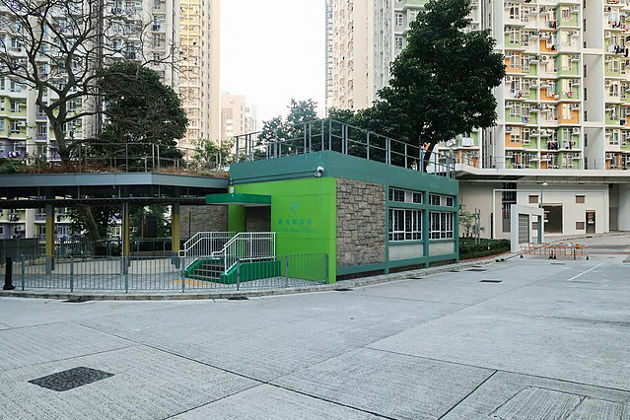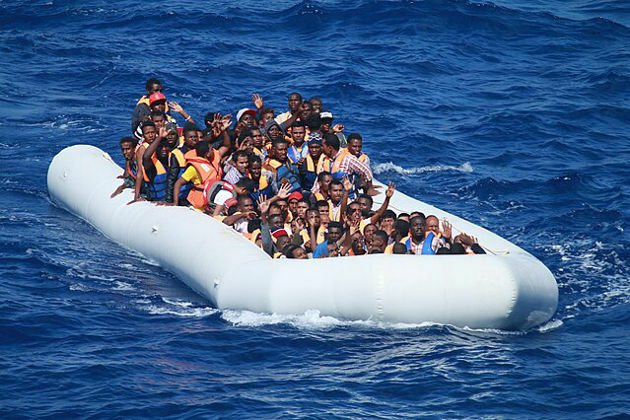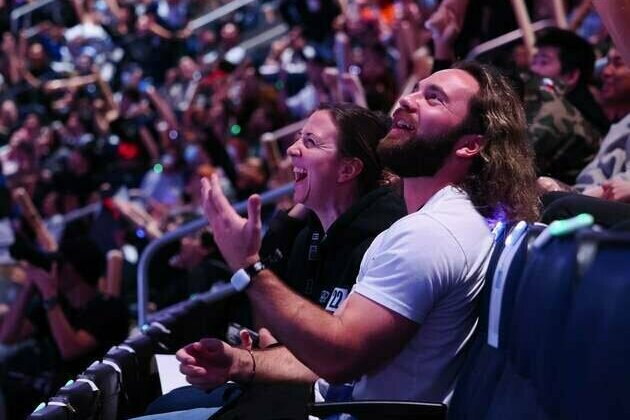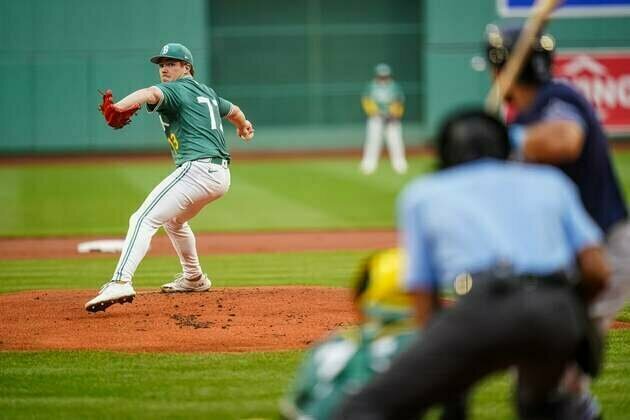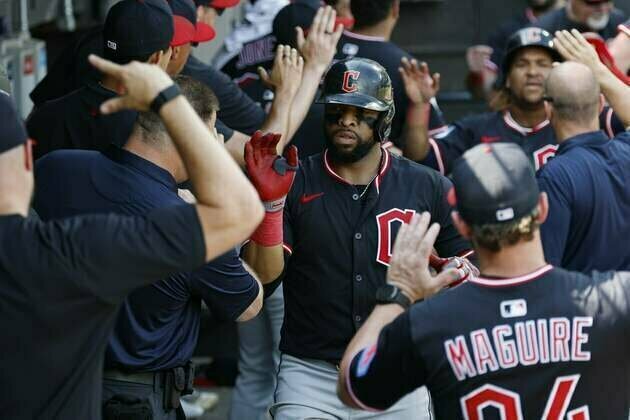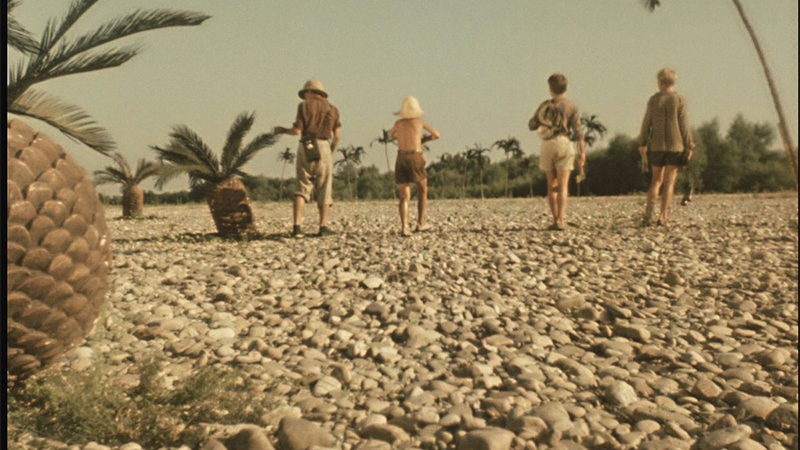China's football dreams: From boom to bust
RT.com
03 Dec 2021, 16:49 GMT+10
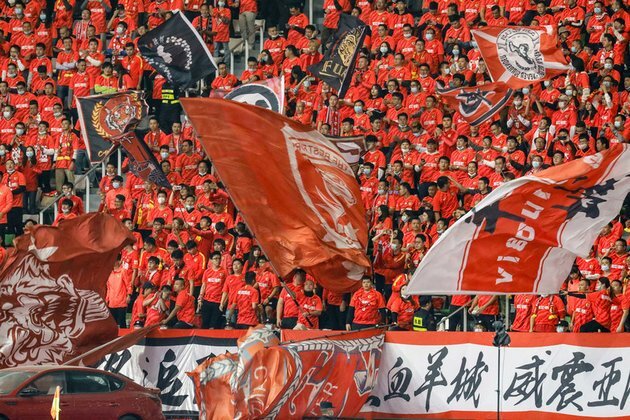
With the Chinese Super League finally set to return in less than a fortnight, the top flight in the world's most populous country is in crisis and far from the expectations that were once held.
Four months since being paused, the CSL, founded in 2004, kicks off again on December 12 with a whimper.
Across a 24-day period, 64 matches of rounds 15 to 22 will be played.
As with most delays and postponements in modern life, the pandemic has played its part. But the pause also came so that the China men's team could host World Cup qualifiers abroad amid strict Covid-19 protocols that prohibited them from leaving the country or receiving opponents on home soil.
China are facing an uphill battle to reach the 2022 World Cup. � Reuters
Time and again, though, damaging tweaks have been made to the league with the well-being of the underachieving national team the main focus.
Yet in 2021, with a first participation at the FIFA World Cup since a maiden outing in 2002 highly unlikely as they sit second from bottom in Group B, neither the best squad of homegrown players across a population of 1.4 billion people nor its domestic championship are in good shape.
GRAND PLANS
The years 2011 and 2016 are pivotal in telling the story of how things went awry.
Guangzhou won their first of seven consecutive titles in 2011, but these days its property developing magnate backers Evergrande are on the brink of collapse while mired in over $300 billion worth of debt.
READ MORE: China Evergrande step closer to default
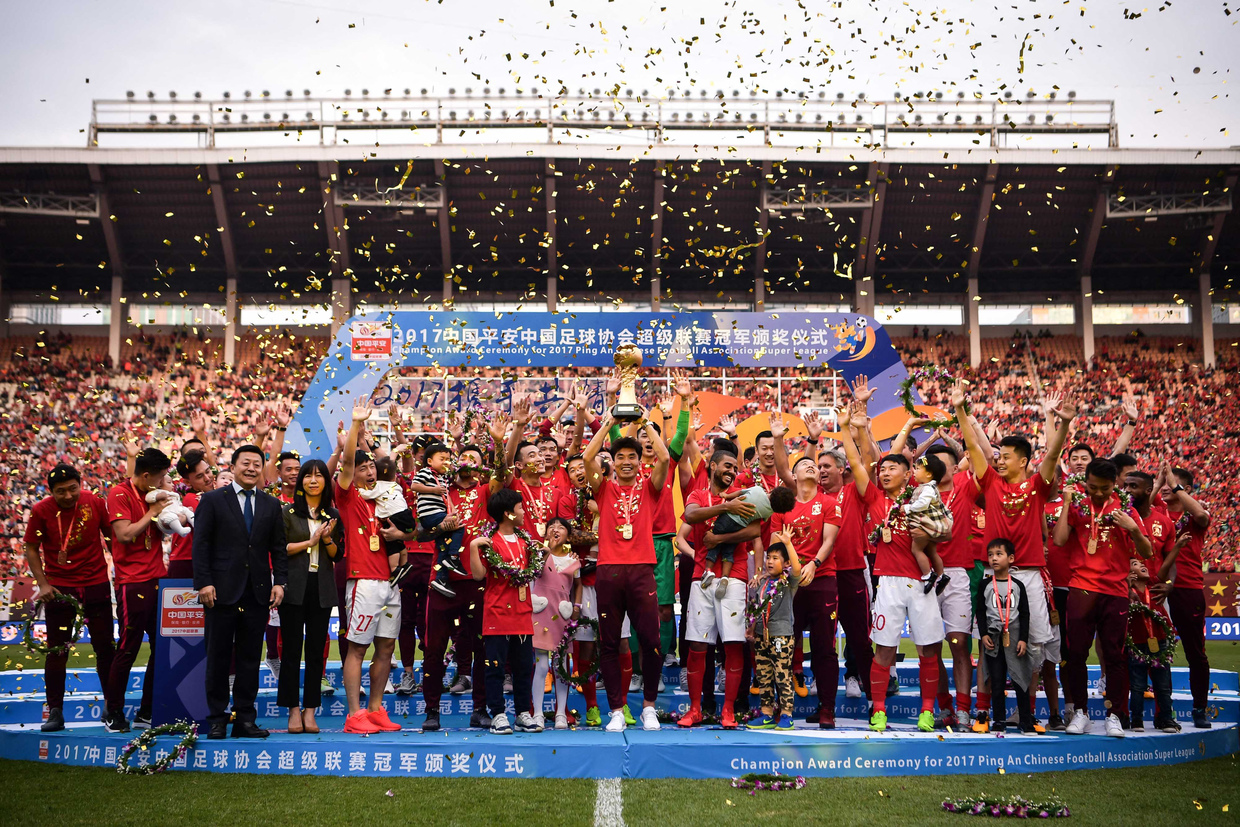
Guangzhou celebrate their CSL title in 2017. � AFP
There have been reports that the state has already taken over the stadium, and the club, who also won the title in 2019, seems set to follow the path of reigning 2020 champions Jiangsu FC.
Jiangsu folded when Inter Milan owners Suning, a retail group, pulled out without them being able to defend their first title.
Learning of such figures automatically triggers accusations of ridiculous overspending on transfers and salaries, which are accurate.
Yet just five years ago, the CSL was in boom times.
On December 23 of 2016, Shanghai SIPG shocked the football world when they shelled out over €60 million ($68 million) for Brazil midfielder Oscar - a regular international and Premier League starter aged 25 - with his former Chelsea coach Antonio Conte warning that the rise of the Chinese posed a "danger for all teams in the world."
"[Chinese clubs] seem to have the financial power to lure every player from Europe," added then-Arsenal boss Arsene Wenger from across London.
"There is a very strong political desire in China to become a big player and we have to be worried."
In that winter transfer window of 2016-2017, Chinese outfits blew a whopping collective sum of €388 million ($440 million), and it seemed like someone of the magnitude nearing Lionel Messi or Cristiano Ronaldo might soon make the Far East country his home.
Indeed, the Portuguese's superagent Jorge Mendes once revealed that there was an offer of €100 million a year ($113 million) to his biggest client.
In any event, six days after Oscar joined Shanghai SIPG, Argentine star Carlos Tevez rocked up across town at Shanghai Shenhua and reportedly became the highest-paid player in the world on eye-watering wages of $41 million.
While the South Americans were at least established players with Champions League and World Cup pedigree, deals for relative nobodies made before that in early 2016 were even more reckless and bizarre.
Guangzhou paid €42 million ($47.5 million) for Jackson Martinez and Jiangsu handing over €50 million ($56.5 million) to acquire Alex Teixeira from Shakhtar Donetsk.
Perhaps excluding Paulinho, a Guangzhou legend who impressed so much in his first spell that FC Barcelona took him for a single La Liga-winning campaign before he returned, most of the names on astronomical salaries failed to make an impact, nor appeared to take their task particularly seriously.
Tevez, more bothered about playing golf and engineering a return to childhood outfit Boca Juniors, which he did in 2018, referred to his spell there as a "holiday"; even Oscar revealed plans to stick around for just a couple of years before working his way back to Europe.
It has often been thought by those around championships such as the American MLS that having good foreign players will automatically bolster quality across the board, but in the CLS' case, this has not proved a quick fix solution despite standards admittedly improving somewhat.
POLITICAL FOOTBALL
As is often the case, politics and tinkering behind the scenes played just as big a part in the crumbling of Xanadu than a mere lack of control over the purse strings.
Also in 2016, the Chinese Football Association (CFA) announced its plans to transform China into a footballing superpower in Asia by 2030 and a world leader by 2050, as president Xi Jinping made the sport part of the national school curriculum in 2014.
Yet with China 74th in the FIFA rankings, lower than they were a decade ago after world-class coaches such as 2006 World Cup winner Marcello Lippi were unable to improve their lot, there have been several changes in the meantime that only served to the CLS' detriment.
In Oscar's debut season, there was an announcement that only three foreign players could star in one game, and that in every 18-man matchday list, at least two local u-23s should feature with one starting from the offset.
The next season, the goalposts were shifted again with only four foreign players, not five, allowed in the squad and those under contract reduced from seven to six.
Also now, the total number of overseas players could not exceed the total number of Chinese U23 domestic players.
While these points alone may bear little relevance to the balance sheet, more harmful and related alterations weren't far behind.
To combat the growing perception that money was being squandered on foreign players doing little to justify their lofty pay packets or develop local players, a tax was brought in to guarantee that if any club spent over $7 million on a player from overseas, an equal payment of the transfer fee's amount would have to be paid to the CFA.
In essence, this resulted in double transfer fees, making big-name signings less frequent and therefore drawing a lower caliber of player to the CSL that is a turn off for fans.
It would be remiss to deny the impact Covid has had too, and not just on luring good players who are now leaving China in droves as a salary cap of $3.3 million remains fixed.
With no games for four months, financial problems have been heightened. In a recent report, a coach told German outlet DW that staff and players had not been paid in four months with the revenue having dried up.
Like Guangzhou, a number of CSL outfits are or were owned by property developers once willing to spend big due to having the funds in a golden era that has ended in their industry, and to earn favor with the government by investing in football.
Ahead of this season, however, the authorities finally enforced a "de-corporatization" of the names of clubs that had been threatened since 2015, which has, along with the pandemic, quelled ambition to invest more in their outfits amid less visibility.
This was no better communicated than in February when Suning said it would "cut down" any businesses "irrelevant" to retail ahead of folding Jiangsu a fortnight later.
In what is perhaps a football first, a championship-winning team will not defend its crown due to ceasing to exist the following term.
On a wider scale, supporters of others clubs could be discouraged by what the debt-ridden future holds for them amid dwindling quality in the CSL.
By Tom Sanderson
The statements, views and opinions expressed in this column are solely those of the author and do not necessarily represent those of RT.
(RT.com)
 Share
Share
 Tweet
Tweet
 Share
Share
 Flip
Flip
 Email
Email
Watch latest videos
Subscribe and Follow
Get a daily dose of Canada Standard news through our daily email, its complimentary and keeps you fully up to date with world and business news as well.
News RELEASES
Publish news of your business, community or sports group, personnel appointments, major event and more by submitting a news release to Canada Standard.
More InformationInternational
SectionGaza War sucking life out of an Israeli generation
In the past month alone, 23 Israeli soldiers have been killed in Gaza—three more than the number of remaining living hostages held...
Faulty IT system at heart of UK Post Office scandal, says report
LONDON, U.K.: At least 13 people are believed to have taken their own lives as a result of the U.K.'s Post Office scandal, in which...
Travelers can now keep shoes on at TSA checkpoints
WASHINGTON, D.C.: Travelers at U.S. airports will no longer need to remove their shoes during security screenings, Department of Homeland...
Rubio impersonator used AI to reach officials via Signal: cable
WASHINGTON, D.C.: An elaborate impersonation scheme involving artificial intelligence targeted senior U.S. and foreign officials in...
Warsaw responds to migration pressure with new border controls
SLUBICE, Poland: Poland reinstated border controls with Germany and Lithuania on July 7, following Germany's earlier reintroduction...
Deadly July 4 flash floods renew alarm over NWS staffing shortages
WASHINGTON, D.C.: After months of warnings from former federal officials and weather experts, the deadly flash floods that struck the...
Sports
SectionReports: Bears extend GM Ryan Poles through 2029
(Photo credit: David Banks-Imagn Images) Chicago Bears general manager Ryan Poles has come to terms on a three-year contract extension...
Esports World Cup: Tiebreakers sort out Groups C, D in Dota 2
(Photo credit: Kelley L Cox-Imagn Images) A pair of best-of-three tiebreakers helped determine the final order of Groups C and D...
Red Sox starter Hunter Dobbins exits vs. Rays with knee pain
(Photo credit: David Butler II-Imagn Images) Boston Red Sox starting pitcher Hunter Dobbins exited Friday night's game against the...
Nashville looks to continue record unbeaten streak at Miami
(Photo credit: Steve Roberts-Imagn Images) Nashville SC faces one of its biggest challenges to its club-record unbeaten streak when...
Facing suspension, Jake Retzlaff withdraws from BYU
(Photo credit: Mark J. Rebilas-Imagn Images) Embattled quarterback Jake Retzlaff announced Friday that he is withdrawing from BYU,...
Carlos Santana's 2-run shot gives Guardians win over White Sox
(Photo credit: Kamil Krzaczynski-Imagn Images) Carlos Santana belted a go-ahead, two-run home run in the sixth inning and Daniel...


